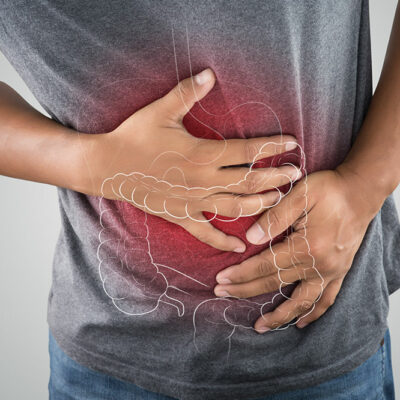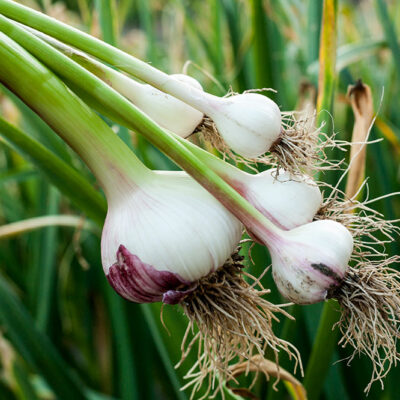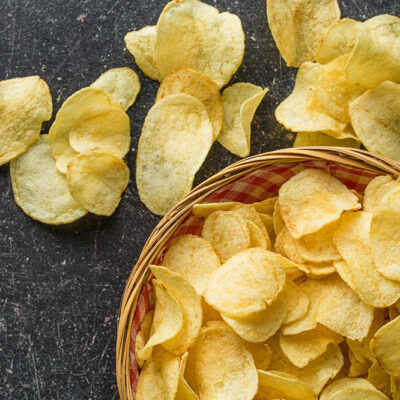
5 Foods To Avoid With Osteoporosis
Osteoporosis is a medical condition where bones become weak and fragile from the damage and loss of tissue. Osteoporosis is mostly brought about by hormonal changes and calcium or vitamin D deficiency. There are no recognizable symptoms in the initial stages, but as the bones weaken, individuals may experience back pain because of a fractured vertebrae or stooped posture. Over time, height loss may occur, and bones will break more easily than normal.
In addition to utilizing doctor-prescribed medications and physical therapies to treat this condition, there are several foods to avoid if you have osteoporosis:
1. Caffeine
The National Osteoporosis Foundation states that drinking more than three cups of coffee or tea per day reduces calcium absorption and leads to bone loss. A diet containing high amounts of caffeine through coffee, chocolate, and energy and soft drinks increases the amount of calcium lost in the urine. This causes an imbalance between the intake of calcium and calcium loss. Though tea also contains caffeine, it also contains flavonoids that benefit your bones more than it harms them. Try opting for decaffeinated iced tea or hot tea, decaffeinated coffee, or herbal tea.
2. Nightshade vegetables
Tomatoes, peppers, mushrooms, eggplant and white potatoes (in the nightshade vegetable family) can cause bone inflammation. These vegetables contain solanine, which can trigger arthritis pain. Solanine, an alkaloid, builds up calcium in the tissues, which later causes inflammation.
3. Wheat bran
One hundred percent wheat bran reduces your ability to absorb calcium from other foods. This reduces the bone-strengthening benefits of calcium from foods like milk or yoghurt. Although wheat cereals do contain good fiber and antioxidants, they also contain phytates, which can stop your body from absorbing calcium. Wheat grains also contain sulfur compounds that break down into byproducts such as sulfuric acid. This results in an increase in acidity in the body. For the blood Ph to balance, the bones break down and dump alkaline into the circulation to neutralize the acidity.
4. High-salt foods
Excess consumption of salt leads to your body releasing calcium, causing harm to your bones. Sodium encourages calcium excretion from the body. Calcium is the mineral essential for healthy bones and strength, and even if you consume lots of calcium it can be counteracted by the negative effects of salt. Avoid processed foods such as frozen meals, fast foods such as burgers, pizza, fries, processed meats such as hot dogs, deli turkey, and baked products like breakfast cereals and bread, as they contain 75% of the sodium we consume.
5. Bean and legumes
Beans and legumes are high in phytates. Phytates affect your body’s ability to absorb calcium. They do so by combining with calcium and other minerals consumed at the same time. It is not proven that soaking beans before cooking reduces phytate levels.
Osteoporosis can be caused by aging, menopause, low body weight, hormonal imbalance, smoking and low calcium levels. However, you can control the condition by taking medication and ensuring you are getting enough calcium. Avoiding the foods listed above can also help to improve your condition.


